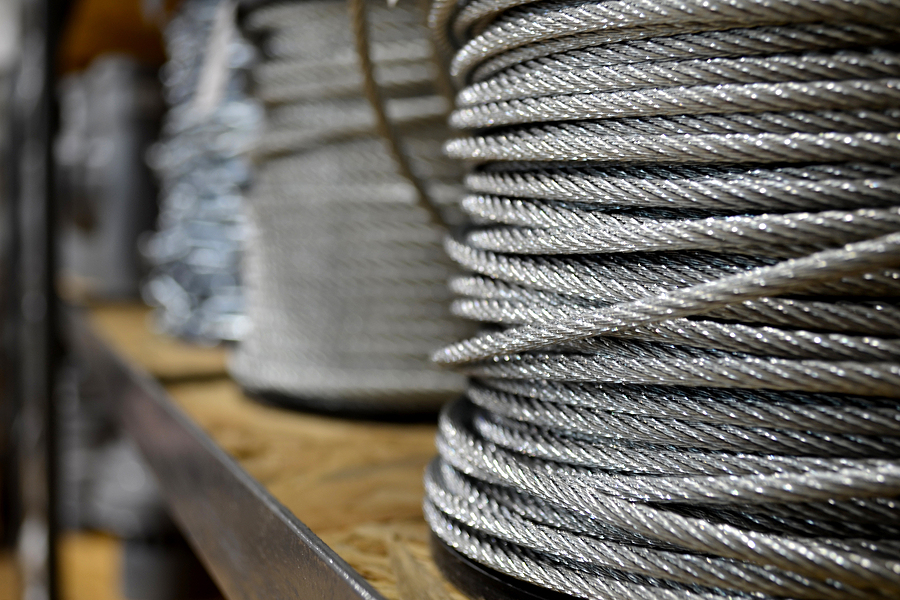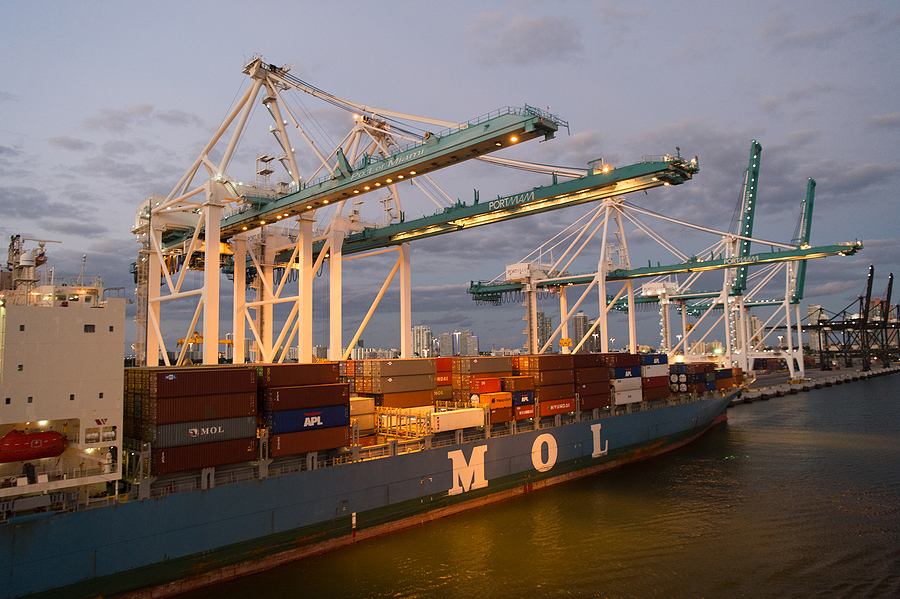Over the years of publishing blogs, we have covered the differences between a lot of metals. From ferrous and non-ferrous metal, to hot-rolled and cold-rolled steel, expanded metal and perforated metal, and a few more here and there. But today, we will cover a very basic level of metal acumen: the difference between stainless steel and mild steel.
Continue reading learn how these two types of steel compare to one another, as well as, how you can make some fast cash by recycling your steel scrap.

Steel Matters Because it is Useful and Reusable
Since steel is one of the most widely used metals in the world, it makes sense to learn all the facts surrounding its properties and applications. This is especially true for those who are confused on the different grades and sub-categories available. For instance, many consumers often wonder if there is a significant difference between mild steel and stainless steel. Continue reading to learn the various attributes and qualities of both of these metals.
Stainless Steel Properties
Stainless steel, also known as inox steel or just inox, is an alloy that has a minimum of 10.5% chromium content and a maximum of 1.2% carbon content. Some of the most admired qualities of stainless steel is its resistance to staining, corrosion, and oxidation (rust). For this reason, it is often used in kitchens and food processing plants, as well as industries like medical, electrical, petrochemical, manufacturing, automotive, and more.
Stainless steel comes in many grades and finishes, all of which offer their own unique appeal or performance. Compared to carbon steel, stainless steel has a much higher chromium content, so when exposed to conditions that would otherwise make it rust or corrode, it instead forms a passive coating of chromium oxide that prevents further deterioration. Not only does it not corrode and does not require a protective coating, it is also easy to clean and sterilize.
Properties of Mild Steel
Mild steel is also known as carbon steel, and as mentioned, has a much less chromium content than stainless grades. In fact, The American Iron and Steel Institute officially delineates carbon steel as having no more than 2% carbon, and no other appreciable alloying element. Regardless of its low chromium content, mild steel makes up the majority of the steel production industry around the world because it has such a wide scope of applications.
Mild steel is strong, firm, and ferromagnetic, which means it also contains iron. Because of these properties, mild steel is widely used in manufacturing motors and electrical appliances. On the other hand, carbon steel is less resistant to corrosion, which means it requires a protective treatment of galvanizing or coatings if its application places it in a corrosive environment.
A Comparison of the Two Steel Metals
When it comes to the primary differences between stainless steel and mild steel, it all comes down to strength, ductility, hardness, aesthetics, and cost. Stainless steel contains additional alloying elements, including chromium, nickel, and molybdenum, all of which enhances the mechanical and chemical properties and makes it resistant to corrosion. Mild steel is less brittle, but can be strengthened more by adding carbon.
How to Recycle Steel Scrap in Indianapolis and Make Cash on the Spot
Call Zore’s Recycling at 317-244-0700 to recycle scrap steel, or any of the other metals we recycle in Indianapolis, and make some fast money at the same time. We are a professional Indianapolis scrap metal recycling center that accepts and recycles all metals in any condition. Best of all, we PAY CASH ON THE SPOT! Recycle all sorts of stuff, including sheet metal and beams, cars, boats, construction equipment, power tools, old electronics, and more! Request a free estimate, today.


